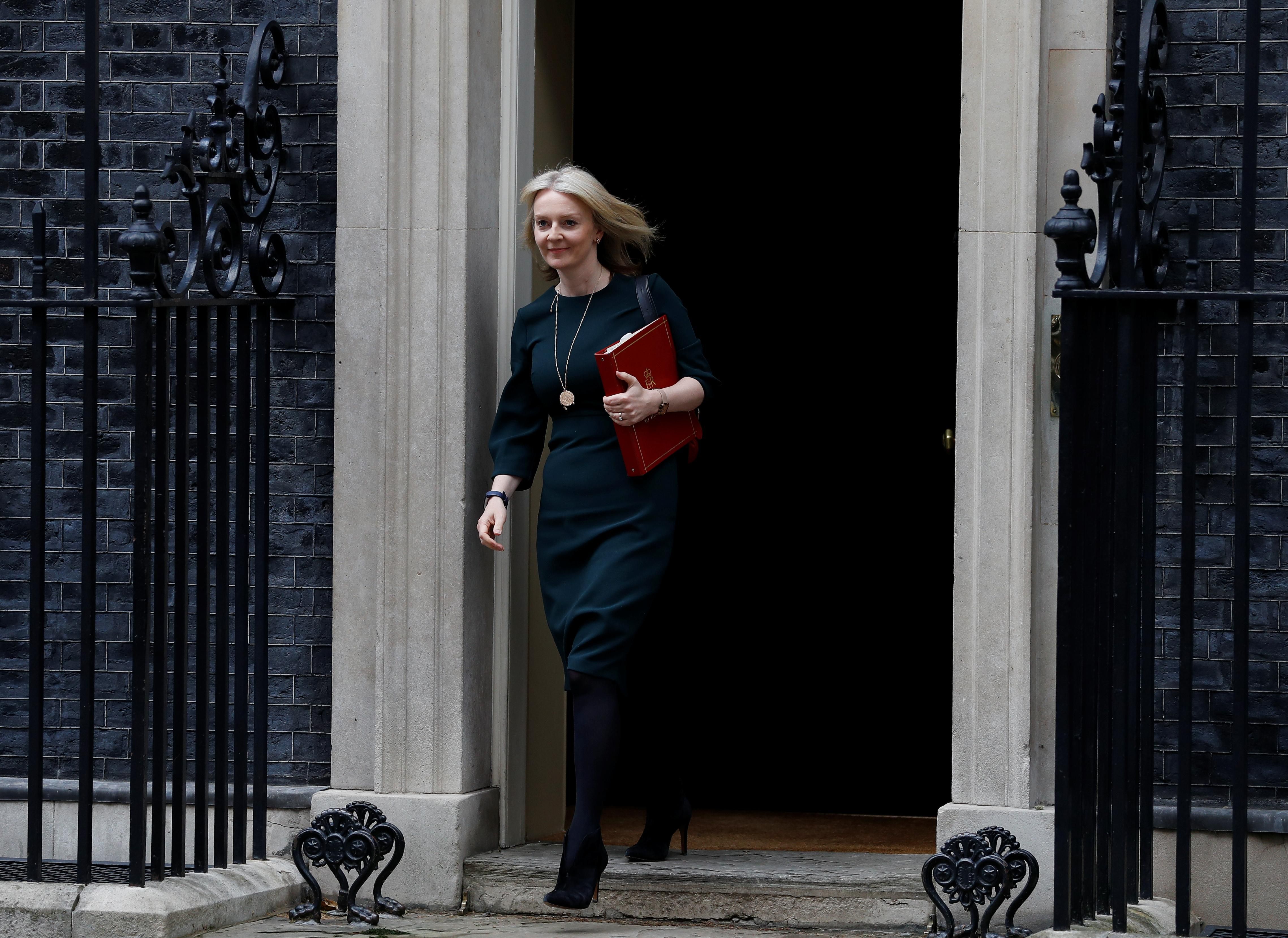On Friday, UK Prime Minister Liz Truss relieved Chancellor of the Exchequer Kwasi Kwarteng only 38 days into his tenure, replacing him with former Health and Foreign Secretary Jeremy Hunt. In a briefing after the decision, Truss said she would raise the corporate tax rate — reneging on a promise not to do so — by £18 billion ($20 billion) and admitted that her budget “went further and faster than markets were expecting.” Her announcement triggered a sell-off in the gilt market, as yields on long-term UK government bonds rose sharply, with more trouble expected on Monday. Analysts and traders assessed that the measures were not enough. The turmoil began three weeks ago, when now-sacked Chancellor Kwarteng led the new government’s charge to promise tax cuts without a plan to fund them, which sent the pound tumbling and the markets into a tizzy, leading to global criticism against Truss and her cabinet. Hunt, the new man in and an anti-Brexit “remainer,” has a tough gig ahead: he’s not just following the shortest chancellorship since 1970, or managing the reversal of the tax-cut plan to calm the markets – which had already anticipated the U-turn — but he’s also got to deal with a boss who's trying to keep her own job. Eurasia Group’s lead Europe analyst Mujtaba Rahman says that more than two dozen Tory MPs — including some of Truss’s original supporters — are planning to remove her from office before 2023. When asked today why she’s not resigning, Truss said: “My priority is making sure we deliver the economic stability that our country needs.”
More from GZERO Media
Inside Elon Musk and DOGE's "revolutionary" push to reshape Washington, with WIRED's Katie Drummond
Listen: Elon Musk, the world’s richest man, made his fortune-breaking industries—space, cars, social media—and is now trying to break the government… in the name of fixing it. But what happens when Silicon Valley’s ‘move fast and break things’ ethos collides with the machinery of federal bureaucracy? On the GZERO World Podcast, Ian Bremmer sits down with WIRED Global Editorial Director Katie Drummond to unpack the implications of Musk’s deepening role in the Trump administration and what’s really behind his push into politics.
How long will President Donald Trump’s relationship with Elon Musk last? Ian Bremmer takes a look.
France's President Emmanuel Macron speaks during a press conference following a summit for the "coalition of the willing" at the Elysee Palace in Paris on March 27, 2025.
At the third summit of the so-called “coalition of the willing” for Ukraine on Thursday, French President Emmanuel Macron proposed a multinational “reassurance force” to deter Russian aggression once a ceasefire is in place – and to engage if attacked.
Last week’s arrest of Istanbul Mayor Ekrem Imamoglu sparked the largest anti-government rallies in a decade and resulted in widespread arrests throughout Turkey. Nearly 1,900 people have been detained since the protests erupted eight days ago.
An internal GOP poll found a Republican candidate trailing in a special election for a conservative-leaning district in Florida, forcing US President Donald Trump to make a decision aimed at maintaining the Republican Party’s majority in the House.
South Sudan's Vice President Riek Machar, pictured here addressing the press in 2020.
Alarm bells are ringing ever more loudly in South Sudan, as Vice President Riek Machar — chief rival to Prime Minister Salva Kiir — was arrested late Wednesday in an operation involving 20 armored vehicles at his compound in Juba. He was placed under house arrest, a move that is fueling fears that the country will soon descend into civil war.
Afghan Interior Minister Sirajuddin Haqqani, pictured here at the anniversary event of the departure of the Soviet Union from Afghanistan, in Kabul, Afghanistan, on April 28, 2022.
The Trump administration has dropped multimillion-dollar bounties on senior Afghan officials from the Haqqani network, a militant faction that carried out some of the deadliest attacks on American troops but has now positioned itself as a moderate wing within the Taliban government. But why?
Have you stayed atop GZERO’s news coverage this week? Here’s your chance to prove it.
The Canadian flag flies on Parliament Hill in Ottawa.
Canada’s foreign interference watchdog is warning that China, India, and Russia plan on meddling in the country’s federal election. The contest, which launched last weekend, has already been marked by a handful of stories about past covert foreign interventions and threats of new ones.
